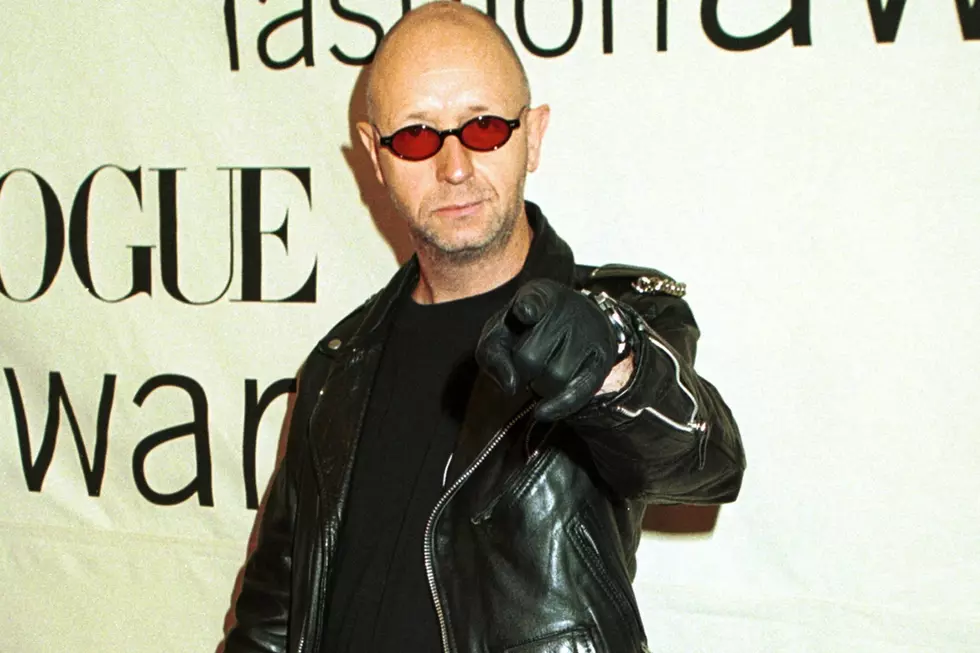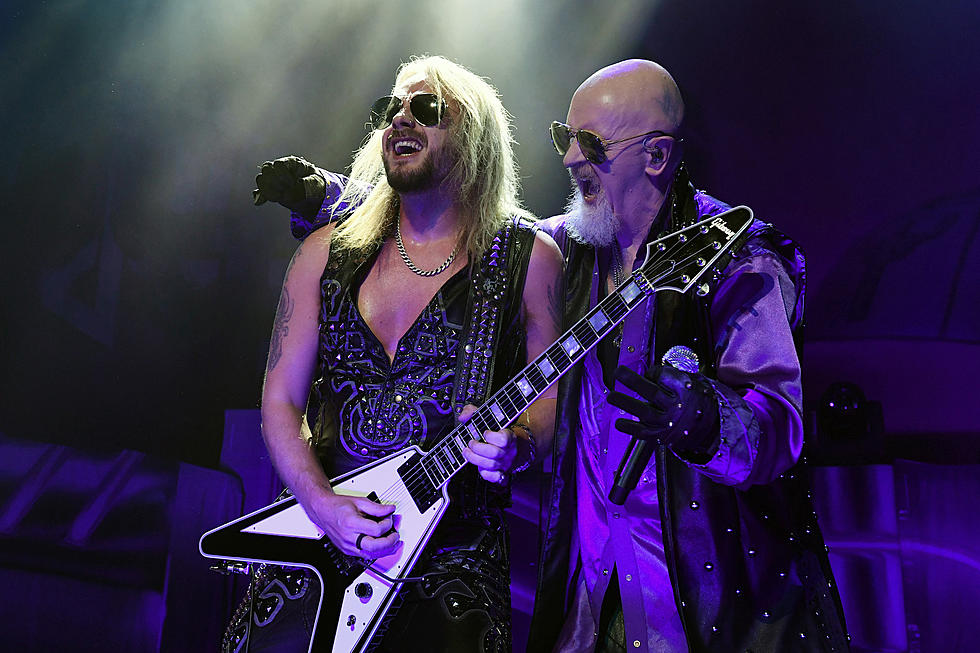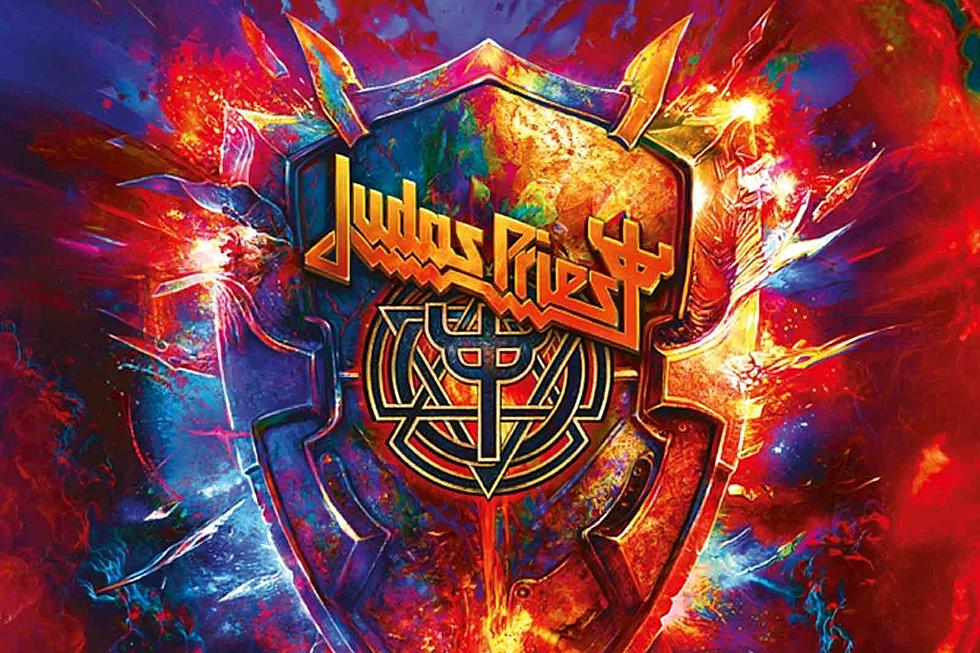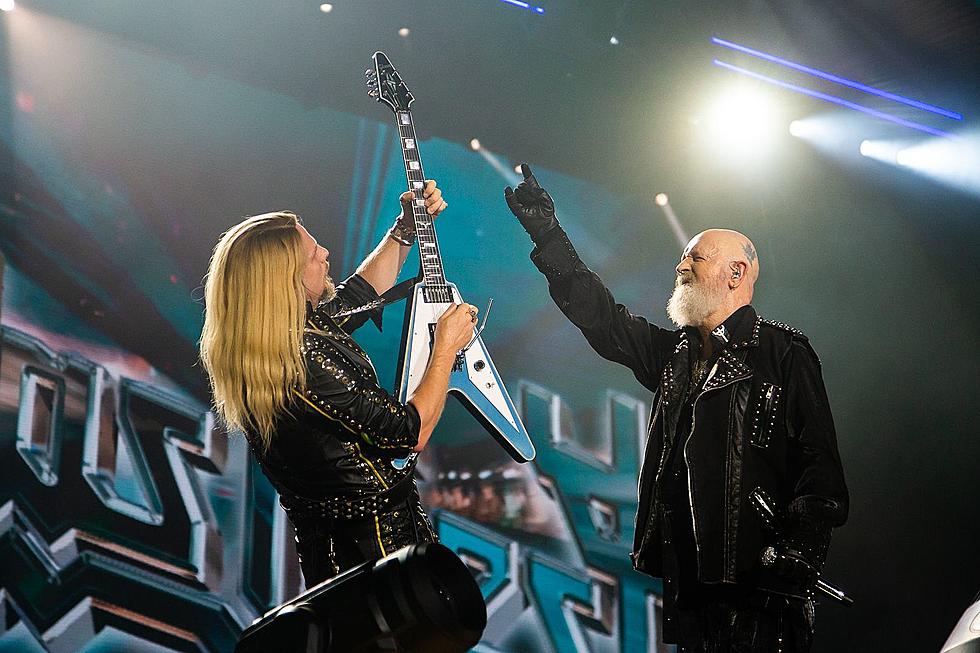
Why Rob Halford Split With Judas Priest
Rock fans had seen plenty of lead singers leave the ranks of their favorite bands by the early '90s — particularly during the previous decade, when rotating frontmen seemed to strike multi-platinum acts like the plague. Judas Priest weathered that storm, only to see singer Rob Halford exit the group in May 1992.
The crux of the issue, as tended to be the case with similar splits, was Halford's desire to pursue projects outside the band. Yet according to both sides, Halford's extracurricular plans weren't initially much cause for concern. "It wasn’t a shock initially that Rob wanted to do a solo project," guitarist Glenn Tipton later said. "He got our blessing to go ahead and do it."
But after agreeing to give Halford time to test the waters outside Judas Priest, the group found itself in an irreconcilable conflict with its soon-to-be-former singer. A number of claims and allegations would be made in later years, with members of Priest occasionally alleging that Halford demanded several years to explore his new project — and others describing a tug of war between Halford and the band's manager, who wasn't as eager to see their singer fly the coop, even temporarily.
The split would ultimately be made public in September 1992, with Halford blaming Judas Priest's longtime label, Columbia, for suggesting he'd had to quit the lineup via official letter when execs refused to allow him the freedom to pursue outside projects. "They've not only prevented me from making the record with what I feel will become a fantastically large band," he told MTV, "they've literally forced the breakup of Priest."
That band turned out to be Fight, a somewhat harder-edged combo whose more aggressive sound aligned a little more closely with the tenor of the era. Their time together proved short-lived, however: Fight folded after putting out their second album, 1995's A Small Deadly Space, and Halford moved on to the industrial-tinged 2wo before founding another band, Halford, near the turn of the century.
In fans' hearts, however, he was still always a part of Judas Priest — and in 2003, their long-held hopes for a reunion finally came to pass when he returned to the fold, displacing his successor Ripper Owens and taking back the mic for their 15th studio album, 2005's Angel of Retribution.
"You go back to the home where you really feel you belong," Halford mused in 2015, "and that's how it turned out for me as a singer and as a musician. I had a good time, but I was yearning to go back to the band that I love more than anything else in the world.
"So it was a bit of a journey of self-discovery and trying to, kind of, put things in the right place, put things in the right perspective," he added. "Sometimes you have to leave the house for a little bit to realize how important it is to get back to your family. So that's how it turned out for me."
Top 50 Classic Heavy Metal Albums
Why Building Judas Priest's Set Lists Can Be 'Frustrating'
More From Ultimate Classic Rock









